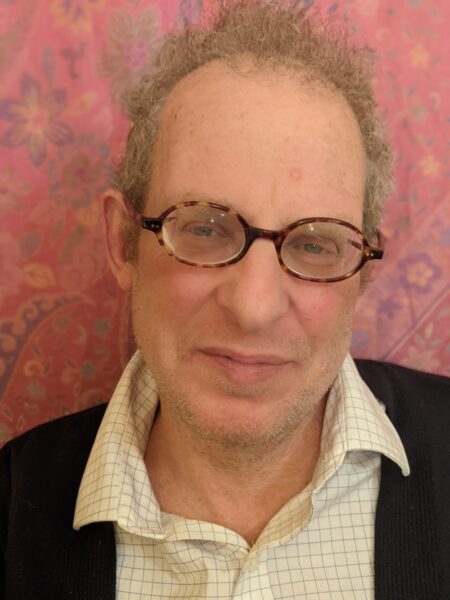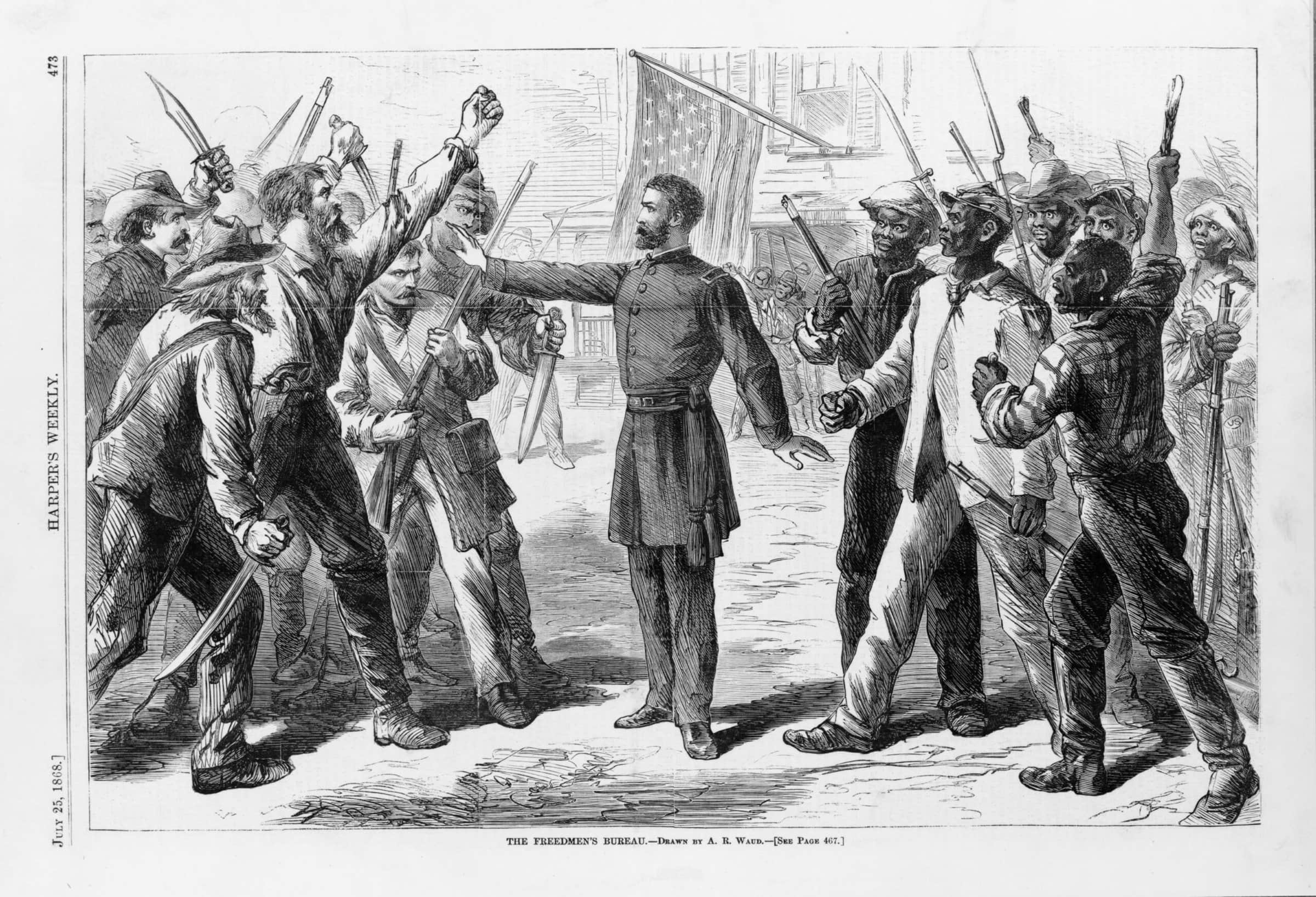Peter Eisenstadt is a working historian. He lives in Clemson, South Carolina, and has been a member since 1979.

Peter Eisenstadt
Ana Isabel Photography
Alma maters: BA (philosophy), City College of New York, 1974; MA, New York University, 1990; PhD, New York University, 1990
Fields of interest: urban, African American, intellectual, religious, American southern, Jewish, legal
Describe your career path. What led you to where you are today?
My career path as a historian? Wayward, on forked roads. For many years I worked as an editor on encyclopedia projects, culminating in my work as editor in chief of the Encyclopedia of New York State, two million words on the history of New York state. I also worked as a documentary editor on a five-volume edition of the works of the great African American religious thinker, Howard Thurman. I have written a history of integration in Rochdale Village, the housing cooperative in South Jamaica, Queens, where I grew up, and examining my early life with the tools of an experienced historian was a fascinating experience. My work with Thurman culminated last year, with the publication of the first comprehensive biography of Howard Thurman.
What do you like the most about where you live and work?
For the past decade, I have lived in Clemson, South Carolina, where my wife is a tenured professor in the Clemson University School of Nursing. I do have an affiliation with the Clemson University History Department, which I appreciate, though it is fairly nominal. I have been for decades what is usually described as an “independent historian.” I have never liked the term, and hope one day historians will not have to define themselves by their place of employment, and we all can just be historians, without a preceding adjective. I am proud that I have carved out a productive and useful career, with very little institutional support, and have written or edited some 16 books.
What projects are you currently working on?
I continue to work on Howard Thurman. I am writing a short history of the idea of integration. In recent months I have been doing historical research for one of the many voting rights cases challenging efforts to restrict voting access.
Have your interests evolved since graduation? If so, how?
My dissertation was on colonial America and the history of science, and I have not worked in either field since graduation. It just sort of turned out that way. Editing encyclopedias requires you to know a bit about everything, which I like, and pushed me to working on more recent American history. Working on an African American encyclopedia began to shift my scholarly focus in that direction and my work on Howard Thurman and on housing integration reflects this.
What’s the most fascinating thing you’ve ever found at the archives or while doing research?
I have had many experiences of utter awe in the archives. Perhaps my most memorable was my first. I was in my initial year of grad school, in an archives program, and processing some correspondence from Raymond Robins, who headed an American Red Cross mission to Russia during World War I, and there was a packet of letters to his sister, all headed “Petrograd, October 1917.” I was so excited! I knew I had chosen the right profession.
Is there an article, book, movie, blog etc. that you could recommend to fellow AHA members?
Howard Thurman’s Jesus and the Disinherited (1949). Everyone should read it.
What do you value most about the history discipline?
Historians can write about the entire world or they can write about a tiny patch of it, and everything in between. Every day I fire up the old computer, I feel so lucky to have chosen to be a historian.
Do you have a favorite AHA annual meeting anecdote you would like to share?
I remember my first AHA annual meeting, around 1979, and when I went to the Exhibit Hall I was bedazzled. I wanted to read every book I saw, on every subject, and just suck up all their accumulated knowledge, and someday write books of my own. And I remember my most recent AHA annual meeting, in the first days of 2020, just before the pandemic.
AHA members are involved in all fields of history, with wide-ranging specializations, interests, and areas of employment. To recognize our talented and eclectic membership, Perspectives Daily features a regular AHA Member Spotlight series.
This work is licensed under a Creative Commons Attribution-NonCommercial-NoDerivatives 4.0 International License. Attribution must provide author name, article title, Perspectives on History, date of publication, and a link to this page. This license applies only to the article, not to text or images used here by permission.



